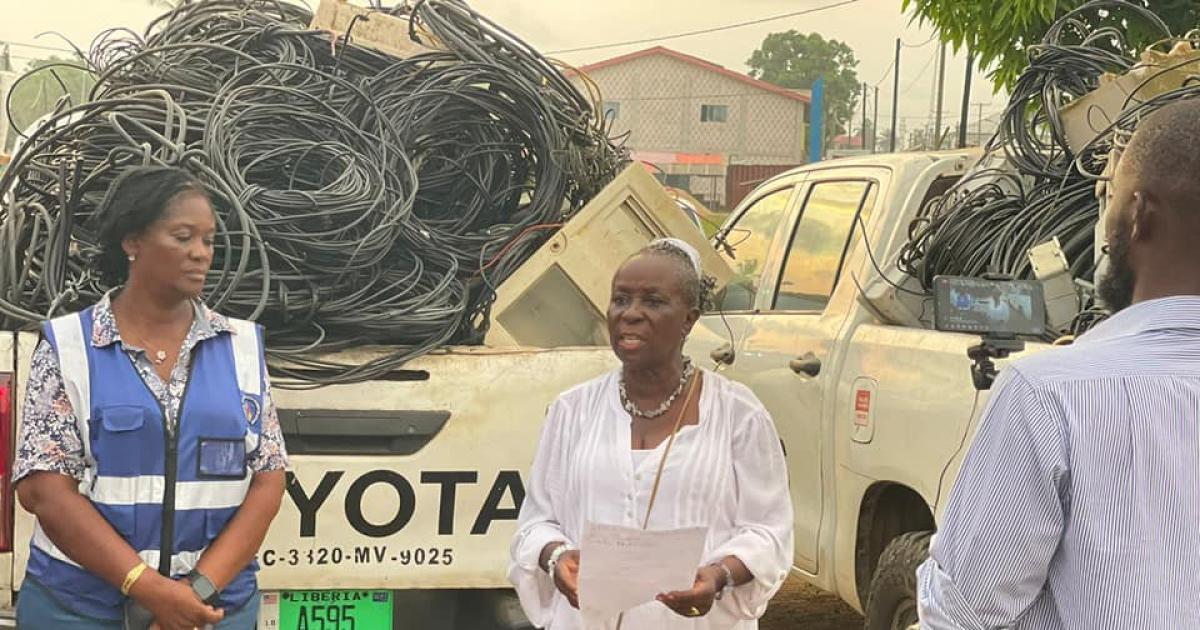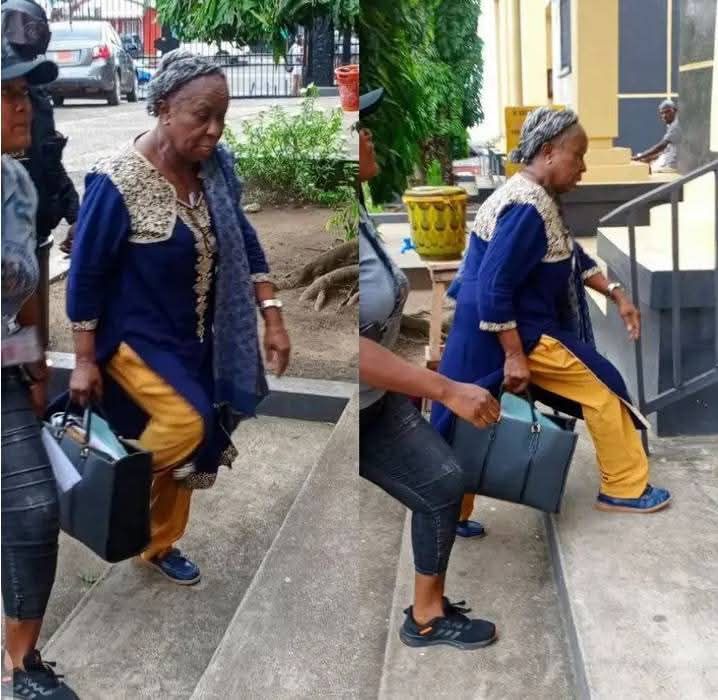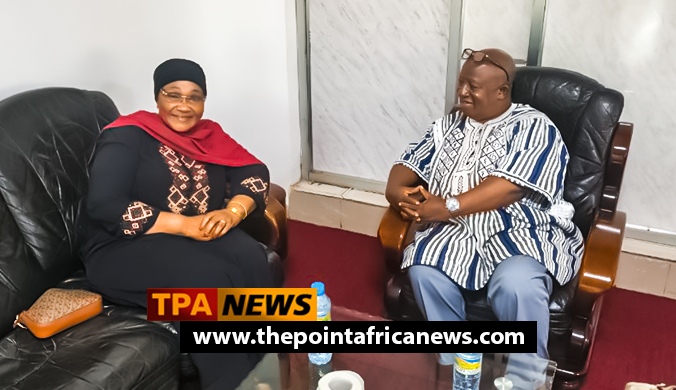
By: David S. Johnson – Staff Reporter | editor@thepointafricanews.com
Mary Tanyonnoh Broh emerged during President Ellen Johnson Sirleaf’s administration as a figure of discipline and strict public order. Appointed Acting Mayor of Monrovia, her aggressive clean-up operations—evicting street hawkers and enforcing sanitation laws—earned both admiration and sharp criticism. She was widely viewed as a confidante of Sirleaf, even reportedly residing in a property owned by the former president.
Broh held multiple senior positions through subsequent presidencies, including leading Liberia’s Passport Bureau, overseeing the General Services Agency (GSA), spearheading the Liberia Electricity Corporation’s Power Theft Taskforce, and serving in roles under Presidents George Weah and Joseph Boakai. Her strong law-enforcement reputation drew praise, though detractors began to highlight her authoritarian tendencies.
In early 2025, the Liberia Electricity Regulatory Commission (LERC) suspended an unauthorized $150 “expedited connection” fee charged by LEC during Broh’s tenure at the Power Theft Taskforce. Acting Chairman Kla-Edward Toomey confirmed the fee violated regulations, was suspended in March 2025, and prompted a regulatory investigation. Consumer complaints also underscored that prepaid meter installation should not carry extra charges.

A fiscal audit by the General Auditing Commission later found numerous irregularities at the GSA during Broh’s leadership. The report documented that proceeds from the leasing or sale of government property were diverted into unauthorized accounts, and contractors not approved by public procurement authorities were unfairly awarded contracts. The audit also reported unaccounted payments and inadequate financial controls, including absence of invoices or double-entry accounting systems—raising serious transparency and accountability concerns (New Dawn Newspaper, GAC audit report).
Broh’s accountability took a decisive turn in June 2025 when she was arrested alongside former Foreign Minister Dee-Maxwell Kemayah and NDMA chief Henry Williams by the Assets Recovery Taskforce. They are accused of diverting over 29,000 bags of rice donated by Saudi Arabia in April 2023—valued at approximately $425,918—and distributing it without authorization for political or personal use. This led to charges including economic sabotage and abuse of office. She has since been released on bond and has disputed the charges, calling them politically motivated.
Mary Broh has denied all misconduct and has threatened legal action against the taskforce, questioning the fairness of the process. She asserts her record as a career public servant underpins her integrity. But her critics see the investigation as confirmation of patterns alleged by the GAC audit and earlier controversies.
Mary Broh’s trajectory—from a powerful agent of reform to a defendant in criminal proceedings—raises critical questions about governance in Liberia. Are her investigations genuine strides in anti-corruption? Or attempts to upend political rivals? At a minimum, her case demands clarity through transparent judicial review, weighing her once-celebrated commitment to order against the gravity of the accusations she now faces.







Leave a Reply